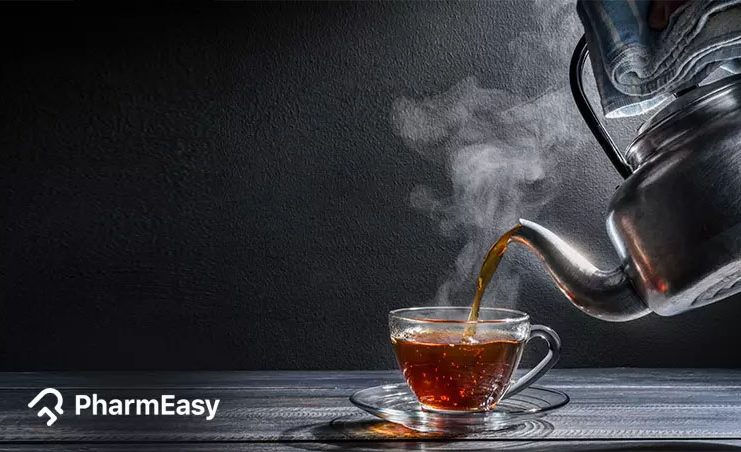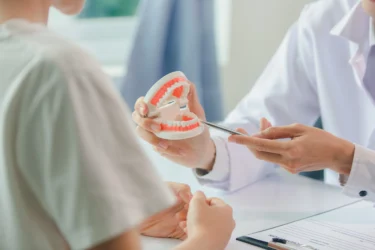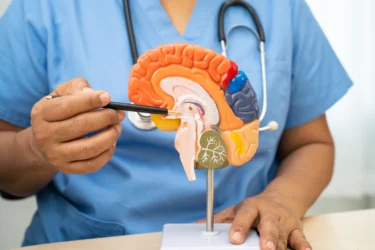Black Tea: Uses, Benefits, Side Effects By Dr. Rajeev Singh
By Dr Rajeev Singh +2 more

Get,

to manage your symptom
Get your,


4 Cr+ families
benefitted

OTP sent to 9988776655



You’ve successfully subscribed to receive
doctor-approved tips on
Whatsapp

Get ready to feel your best.

Hi There,
Download the PharmEasy App now!!


Register to Avail the Offer
Send OTPBy continuing, you agree with our Privacy Policy and Terms and Conditions

Hi There,
Sign up on PharmEasy now!!
Trusted by 4 crore+ families

OTP sent to 9988776655



You have unlocked 25% off on medicines




Code: NU25
By Dr Rajeev Singh +2 more
Table of Contents
Many of us cannot survive without one cup of tea per day. Tea is one of the most popular beverages all over the globe. Black tea is made from the leaves of the plant Camellia sinensis belonging to the family Theaceae. It grows abundantly in countries like India, China, Sri Lanka Japan, and Nepal1. Tea originated in China. Emperor Shen Nong, a skilled ruler and scientist from China, accidentally discovered tea. A leaf from an overhanging tea plant fell in boiling water in his garden. The emperor tasted the infusion and loved it so much that he started researching it more2. The different types of tea based on processing are oolong tea, green tea, and black tea1. Let us look at some of the health benefits of black tea.

Black tea also contains the following nutrients:
Black tea contains several bioactive components like polyphenols, amino acids, catechin and alkaloids like caffeine1.
Various studies show that black tea may possess the following properties:
In my experience, black tea without sugar may in fact lower blood sugar and help your body regulate the digestion and absorptions of glucose better. Studies have shown that black tea may help healthy and pre-diabetic persons with their blood sugar levels right after meals5.
Dr. Rajeev Singh, BAMS
Some of the potential uses of black tea are:

Black tea may fight against colon, ovarian, breast and lung cancers due to the compounds like polyphenols and catechin. The bioactive compounds may cause programmed cell death of cancer cells without harming the normal cells of the human body. Polyphenols present in black tea may reduce or eliminate the body’s cancer-causing substances (carcinogens)4. However, more clinical studies are required to check the effect of black tea on cancer cells. Therefore, you must consult your doctor for proper treatment instead of self-medicating if you have cancer.

Drinking black tea may nourish the skin due to the presence of minerals like zinc, potassium, magnesium, vitamins B2, C and E and polyphenols and tannins. Caffeine in black tea may help to reduce the risk of skin infections like pimples. Drinking black tea may reduce wrinkles and premature ageing4. However, further studies are required to check if black tea benefits skin health.

Black tea may contain flavonoids and these bioactive compounds may reduce the risk of heart diseases. These flavonoids may prevent the oxidation of bad cholesterol (LDL- low-density lipoprotein). Additionally, flavonoids may reduce clots, and manganese may improve cardiac muscle function4. The presence of these compounds may enhance heart functioning. Further studies are yet to confirm if black tea can improve heart health. However, you must seek medical help if you experience symptoms of heart disease instead of self-medicating.
According to a new study5, persons who drink at least two cups of black tea every day had a nearly 13% reduced chance of dying from any cause than those who don’t. From my knowledge, people who drink more tea are believed to have a decreased risk of cardiovascular illness, heart disease, and stroke.
Dr. Siddharth Gupta, B.A.M.S, M.D (Ayu)

Black tea may possess antibacterial activity against gram-positive and gram-negative bacteria. Bioactive compounds like polyphenols may inhibit the growth of some bacteria4. However, more research is yet to be done to confirm the antibacterial effect of black tea. You must consult your doctor if you suspect a bacterial infection instead of self-medicating.

Black tea contains compounds like tannins that may help to fight against infections like influenza. Alkylamine antigens in black tea may help boost the immune system4. However, further studies are required to check if black tea can improve the immune system in humans.

Research showed that black tea might reduce the risk of oral cancers. Additionally, compounds like polyphenols and tannins in black tea may reduce the risk of tooth decay and bad breath risk by preventing oral bacteria4. However, more studies are required to check if black tea may benefit oral health. If you have any oral diseases consult your doctor and do not self-medicate.

Caffeine in black tea may reduce the hormone DHT (dihydrotestosterone), which may cause hair loss. Additionally, antioxidants in black tea may help in healthy hair growth4. However, further research is required to confirm The effects of black tea on hair.

Caffeine in black tea may improve mental focus and concentration by increasing the blood flow in the brain. A study4 showed that black tea might reduce the stress hormone cortisol and improve memory functions. However, more study is required to check the effect of black tea on brain function. If you have any brain disorders consult your doctor and do not self-medicate.
Though studies show the benefits of black tea in various conditions, these are insufficient, and there is a need for further studies to establish the true extent of the benefits of black tea on human health.
The second biggest cause of mortality worldwide is stroke, which occurs when blood arteries transporting blood to the brain get blocked. One potential strategy to lower your risk of stroke is by regular intake of black tea. According to studies, those who drink at least two cups of black tea each day may have a 16% lower risk of stroke5.
Dr. Smita Barode, BAMS, M.S.
You can prepare black tea in the following way:
You must consult a qualified doctor before taking black tea in large quantities or any herbal supplements. Likewise, do not discontinue or replace an ongoing modern medical treatment with an ayurvedic/herbal preparation without consulting a qualified doctor.
Drinking black tea in moderate amounts is usually considered safe. A high amount of black tea may show the following side effects due to caffeine content:
If you experience any side effects from black tea, immediately contact a doctor or your Ayurvedic physician who has prescribed it. They will be able to guide you appropriately for your symptoms.
The following precautions shall be taken before drinking black tea:
Also Read: Potential Benefits of Theanine & Its Impact on Health
Black tea may interact with the following drugs:
You must consult your doctor before drinking black tea if you are on any other medication.
Also Read: Green Tea: Uses, Benefits, Side Effects By Dr. Smita Barode
Black tea may help to reduce the risk of cancer, improve skin health, enhance heart function, fight against bacterial infections, maintain oral health, and improve immune function4. However, further studies are required to check the effect of black tea to improve these conditions. However, you must consult your doctor and not self-medicate.
Black tea may contain bioactive compounds like polyphenols, amino acids, catechin and alkaloids like caffeine1. Additionally, it may also contain carbohydrates and vitamin B2. Black tea may contain several micronutrients like magnesium, iron, potassium, phosphorous, manganese and many more3.
Excessive black tea may cause side effects like headaches and irregular heartbeat due to caffeine content.
Pregnant and lactating mothers should be cautious before consuming black tea. People with anxiety disorder, heart disease, bleeding disorders, diarrhoea, diabetes, seizures, glaucoma, high blood pressure, osteoporosis, and irritable bowel syndrome should take adequate precautions before consuming black tea.
Black tea may interact with ephedrine (a drug used in case of hypotension- to increase blood pressure), quinolone antibiotics and medication used for depression. You must consult your doctor before drinking black tea if you are on any other medication.
Disclaimer: The information provided here is for educational/awareness purposes only and is not intended to be a substitute for medical treatment by a healthcare professional and should not be relied upon to diagnose or treat any medical condition. The reader should consult a registered medical practitioner to determine the appropriateness of the information and before consuming any medication. PharmEasy does not provide any guarantee or warranty (express or implied) regarding the accuracy, adequacy, completeness, legality, reliability or usefulness of the information; and disclaims any liability arising thereof.
Links and product recommendations in the information provided here are advertisements of third-party products available on the website. PharmEasy does not make any representation on the accuracy or suitability of such products/services. Advertisements do not influence the editorial decisions or content. The information in this blog is subject to change without notice. The authors and administrators reserve the right to modify, add, or remove content without notification. It is your responsibility to review this disclaimer regularly for any changes.
Comments

Leave your comment...
You may also like
Comments